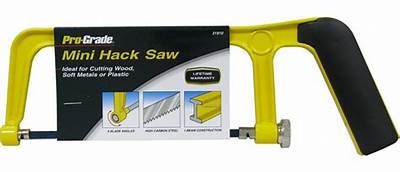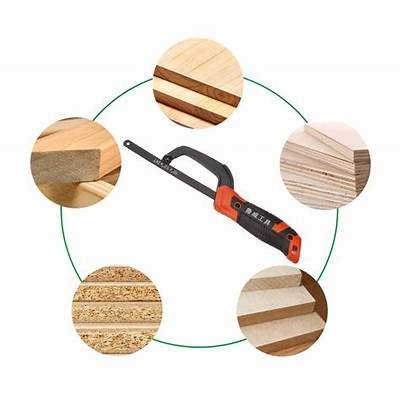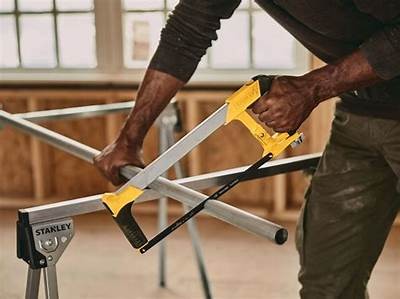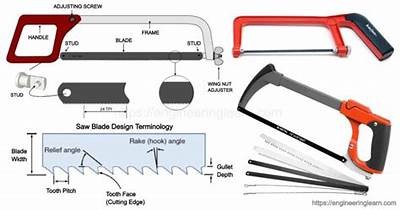Woodworking is a craft that requires both precision and patience. To succeed in this art form, it is crucial to hone your skills and continually strive for improvement. One way to do this is by practicing regularly and seeking out new challenges to test your abilities. Whether you are a beginner or a seasoned woodworker, there is always room for growth and development. Having the right tools is essential for success in woodworking. From hand saws to power tools, each item in your workshop plays a vital role in the quality of your work. It is important to invest in high-quality tools that are well-maintained and suited to the tasks at hand. A well-equipped workshop will not only make your projects easier to complete but also help you achieve professional-level results. Before starting any woodworking project, it is imperative to carefully plan and prepare for the task ahead. This includes selecting the right type of wood, creating detailed blueprints or sketches, and gathering all necessary materials. By taking the time to plan out each step of the process, you can avoid costly mistakes and ensure that your project goes smoothly from start to finish. One of the hallmarks of a skilled woodworker is attention to detail. From measuring and cutting to sanding and finishing, each step in the woodworking process requires precision and care. By paying close attention to the details of your work, you can create pieces that are not only beautiful but also durable and long-lasting. Woodworking is a constantly evolving craft, with new techniques and technologies being developed all the time. To stay ahead of the curve, it is important to commit to continuous learning and improvement. This can involve taking classes, attending workshops, or simply experimenting with new tools and methods in your own workshop. By staying curious and open-minded, you can continue to grow as a woodworker and expand your skills and knowledge.
Every woodworker makes mistakes from time to time, and it is important not to let these setbacks discourage you. Instead, view mistakes as opportunities for learning and growth. By examining what went wrong and making adjustments for the future, you can turn a mistake into a valuable lesson that will help you improve your skills and become a better woodworker.
Replaying the Hacksaw: Strategies for Success in Woodworking
Honing Your Skills

Investing in the Right Tools

Planning and Preparation

Attention to Detail

Continuous Learning
Embracing Mistakes

